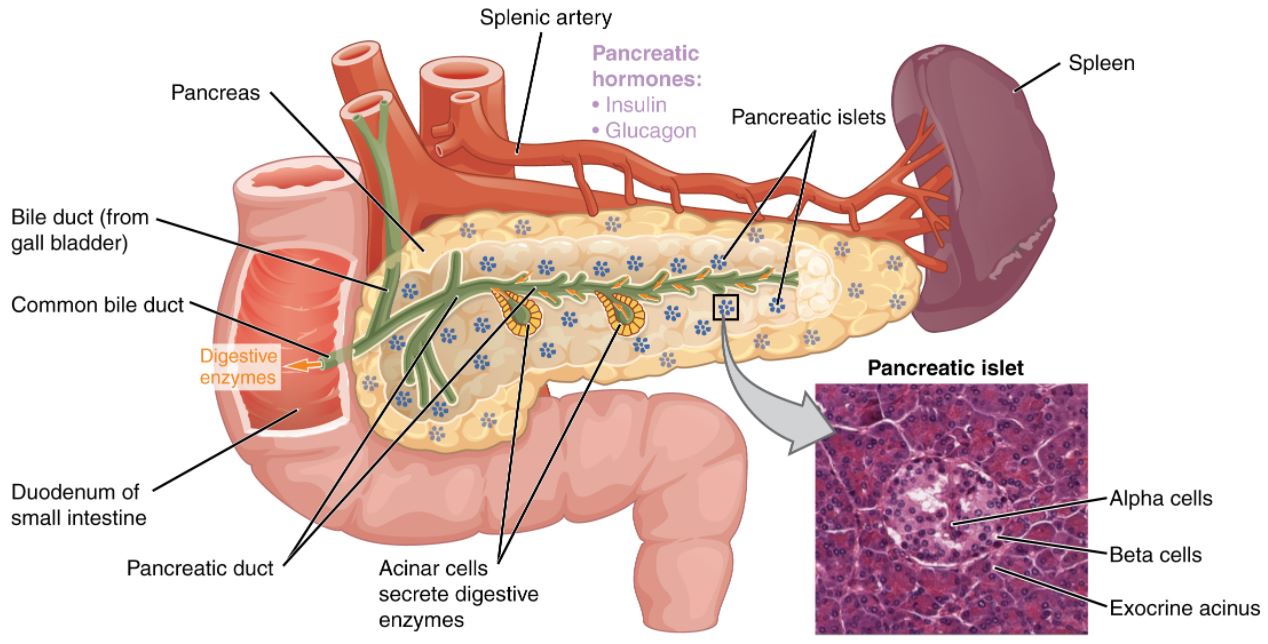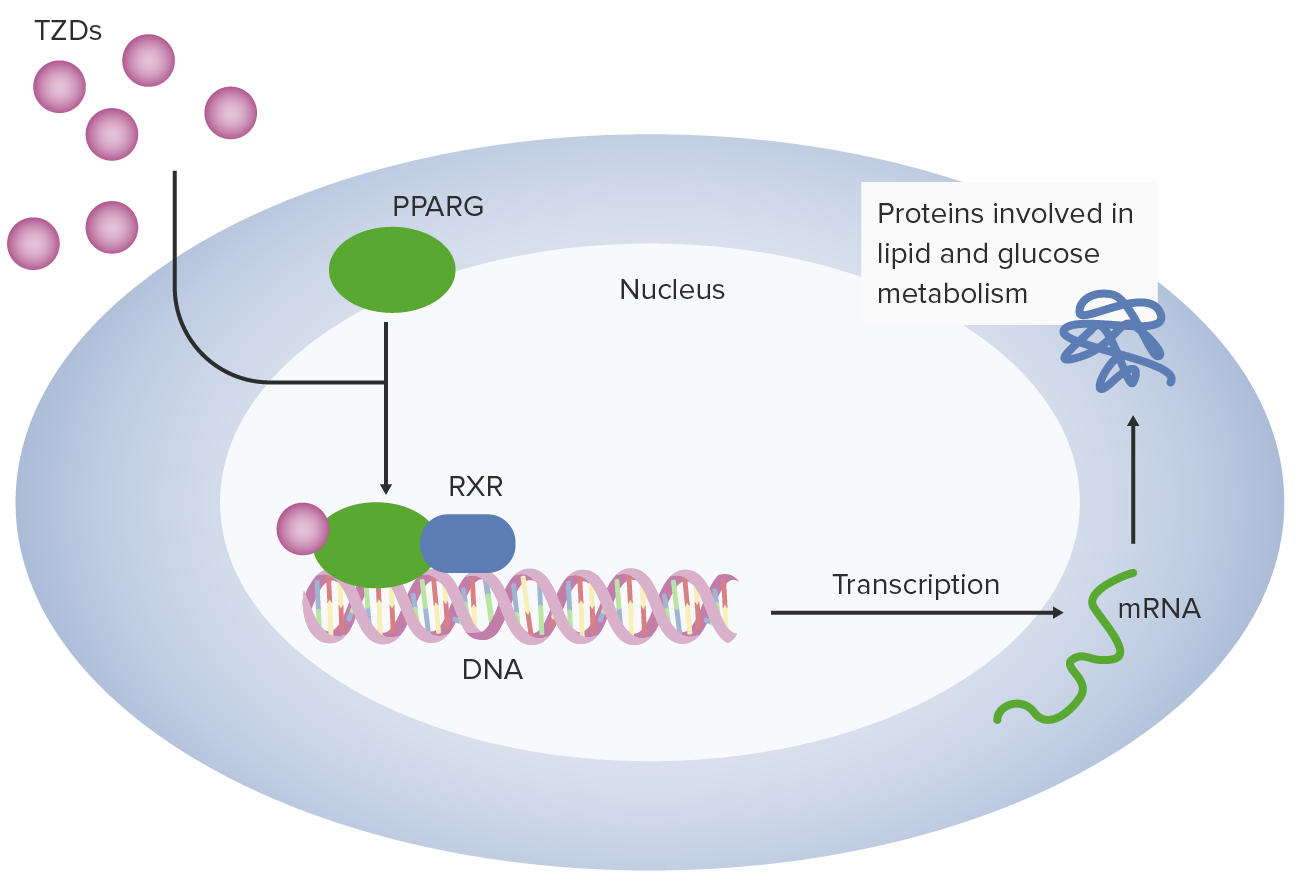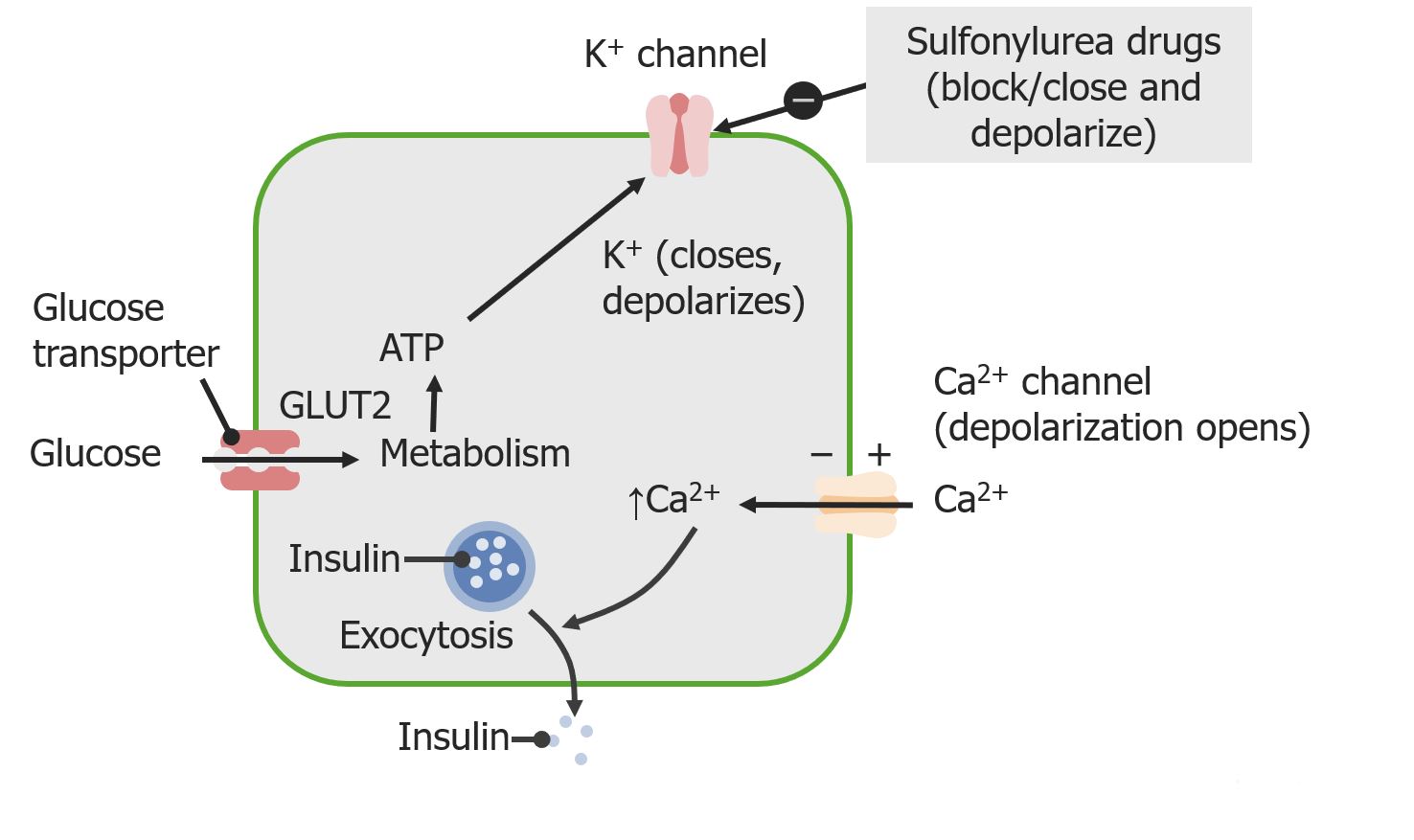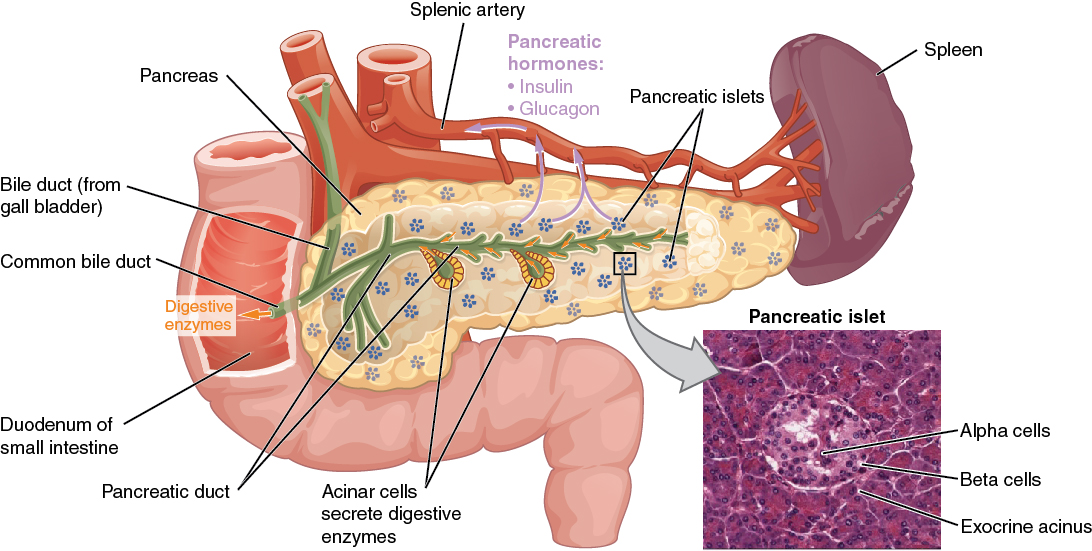Playlist
Show Playlist
Hide Playlist
Case Studies – Diabetes Medications
-
Slides Case Studies Diabetes Medications.pdf
-
Reference List Pharmacology.pdf
-
Download Lecture Overview
00:01 Now, let's do a question. Let's do our first case here. 00:04 A 38-year-old woman wishes to have better control of her type 1 diabetes. 00:10 Her hemoglobin A1c is 11.2%, her fasting glucose is 216 mg/dL or 12.2 mmol/L in the metric units. 00:18 The urine is 1+ glucose and ketones. 00:22 She's currently on NPH insulin at night with regular insulin at mealtimes. 00:29 What is the most appropriate therapy? A, insulin regular twice a day with NPH at night, insulin glargine in the evening with lispro before meals, insulin NPH twice a day with regular insulin for breakthrough high sugar values, or insulin detemir before each meal with lispro at night. 00:50 Great, you picked insulin glargine in the evening with lispro before meals. 00:57 Remember that lispro is the short-acting version. 01:01 This woman was on an older regimen of that old regular insulin before each meal. 01:07 She was on NPH at night. Now, remember that NPH lasts about 8 hours and it can be used at night, and regular insulin before meals can be used for treatment of diabetes but I think that's an old regimen. 01:22 That was the mainstay of therapy once upon a time. 01:25 This regimen, honestly, is just an outdated regimen. 01:29 It wasn't achieving the goal and I think it's time to get into the new sentry. 01:33 So, regular insulin has been replaced mostly with short, short-acting agents such as lispro. 01:40 Glargine is appropriate either at night or in the morning. 01:44 Detemir is a long-acting agent and it's almost never used twice a day. 01:50 I think lispro shouldn't be used at night because you run the risk of hypoglycemia while the patient is sleeping.
About the Lecture
The lecture Case Studies – Diabetes Medications by Pravin Shukle, MD is from the course Endocrine Pharmacology. It contains the following chapters:
- Drugs in Diabetes: Summary
- Question 1: Drugs in Diabetes
- Question 2: Drugs in Diabetes
- Case Study 1: Drugs in Diabetes
- Question 3: Drugs in Diabetes
- Case Study 2: Drugs in Diabetes
Included Quiz Questions
What is long-acting insulin?
- Insulin detemir
- Regular insulin
- NPH insulin
- Insulin aspart
- Insulin lispro
Which statement is correct regarding diabetes medications?
- Insulin lispro carries the risk of hypoglycemia, especially if used at night.
- The action of NPH insulin lasts for 24 hours.
- Insulin detemir should be used before meals.
- Regular insulin is considered long-acting insulin.
- Insulin glargine should be used three times a day.
Customer reviews
5,0 of 5 stars
| 5 Stars |
|
1 |
| 4 Stars |
|
0 |
| 3 Stars |
|
0 |
| 2 Stars |
|
0 |
| 1 Star |
|
0 |
The explanation was very clear. This lecture helped me to better understand this area of pharm! Thank you!







